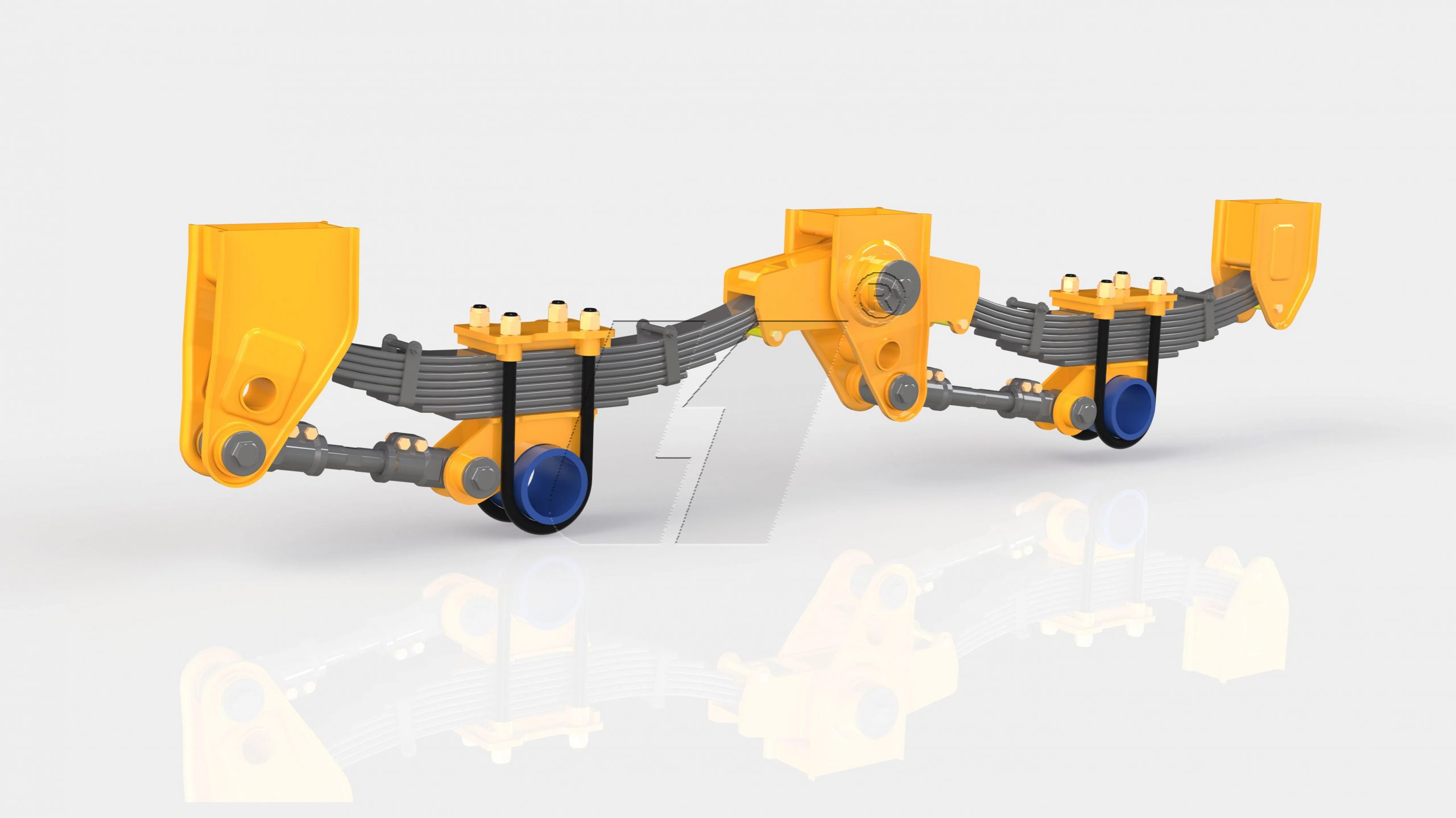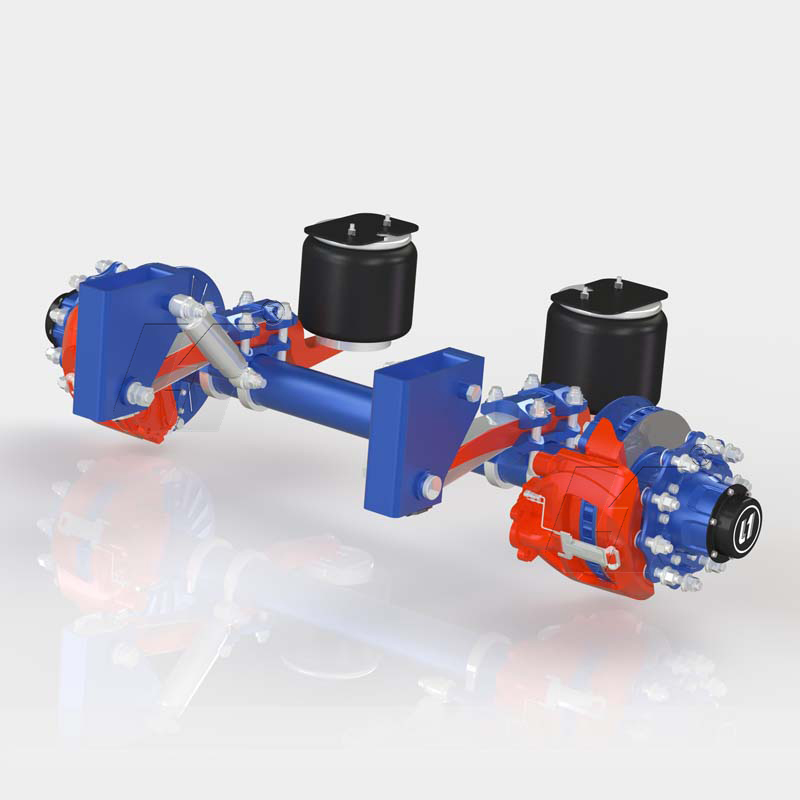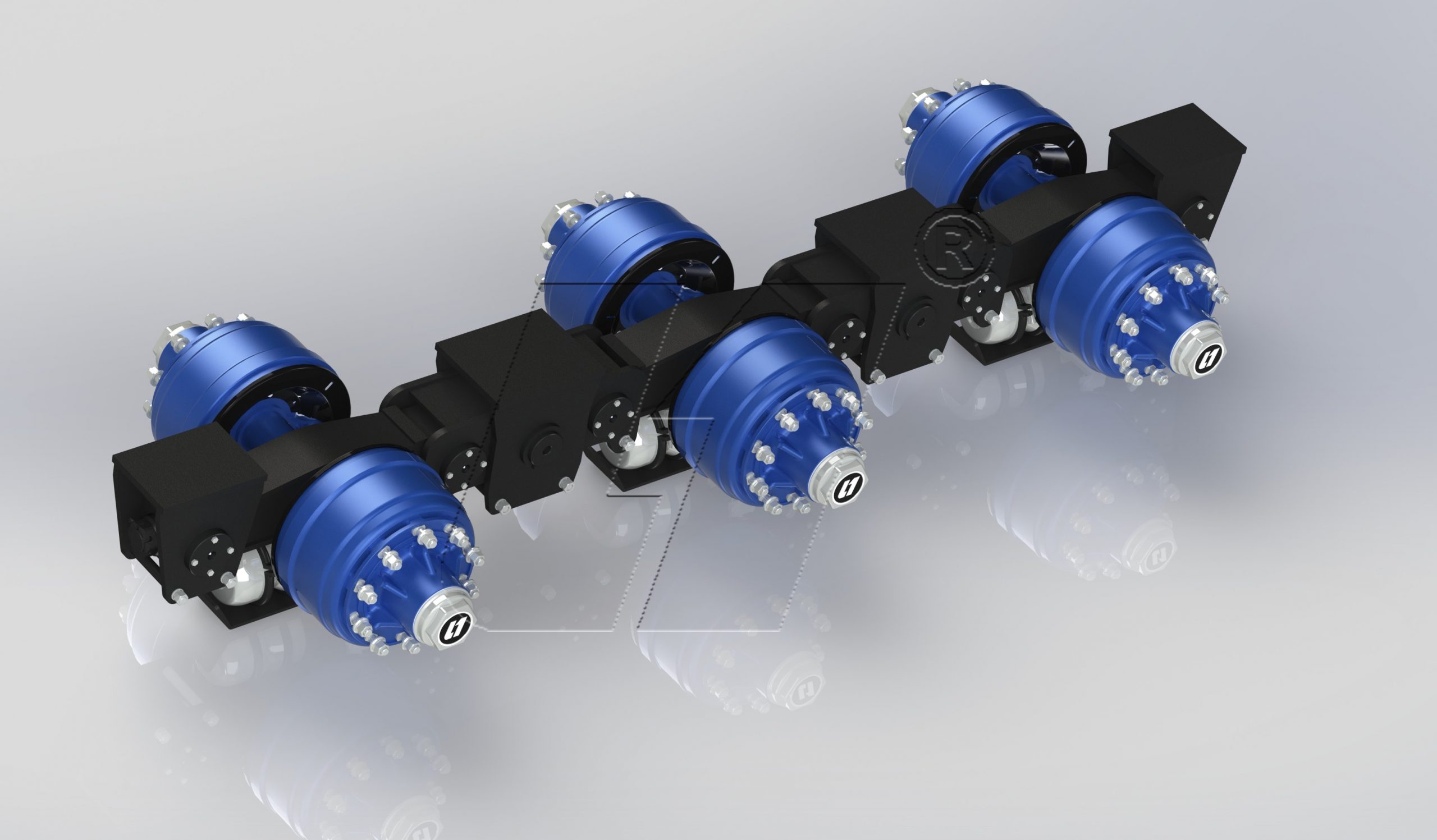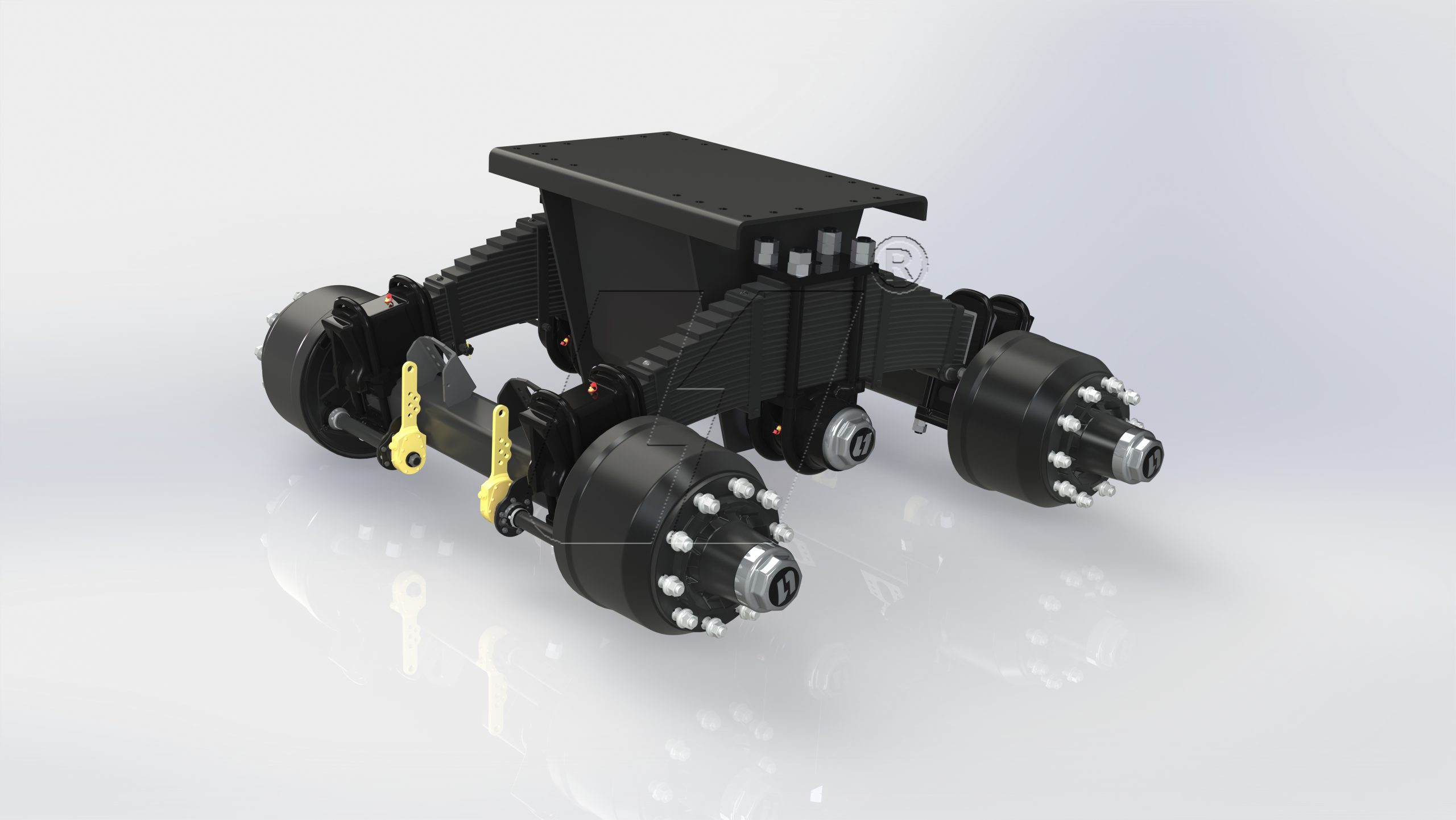The Benefits of Different Suspensions Used in Heavy Duty Low Bed Trailers
One of the factors to consider when purchasing a heavy-duty vehicle is the suspension system used in the vehicle. A semi-trailer’s suspension system determines its load capacity, maintenance needs, cost and stability.
The suspension system also affects the comfort and safety of the driver, especially when driving over rough terrain. The functionality and reliability of suspension systems vary by make or model.
Therefore, owners should consider installing a suspension system from a brand with high quality standards to avoid occasional failures.
The most common types of suspension systems found in semi-trailers include mechanical suspension, air suspension, rigid suspension and bogie. Each has its own unique advantages and disadvantages.
Suspension systems also differ in their components and design. Most trailer manufacturers consider the end use of the trailer when installing the suspension.
For example, a semi-trailer used for heavy loads has a suspension system with a high load capacity. In addition, the manufacturer can customize the suspension system to meet the owner’s specifications based on the intended use. The benefits of each suspension system are outlined below.
For more detailed information on low bed trailers and suspensions. Please read on.
Mechanical suspension
Mechanical suspension systems have a number of advantages, including:
Improved ride comfort: Mechanical suspensions can provide better ride comfort by absorbing road shocks and vibrations, which can lead to a smoother ride for passengers.
Increased stability: Mechanical suspensions can improve the stability of vehicles, particularly when driving on uneven or bumpy roads. This can lead to better handling and reduced risk of accidents.
Reduced wear and tear: By absorbing shocks and vibrations, mechanical suspensions can help reduce wear and tear on other parts of the vehicle, such as tires, wheels, and chassis components.
Increased durability: Mechanical suspensions are generally more durable than other types of suspensions, such as air suspensions, because they have fewer components and are less prone to leaks and other issues.
Lower cost: Mechanical suspensions are generally less expensive than other types of suspensions, such as air suspensions, which can be important for cost-conscious consumers or businesses.

Mechanical Suspension For Vehicle
Air Suspension:
Air suspension is a more advanced suspension system that uses compressed air to support the trailer’s weight. It consists of air bags mounted between the trailer frame and the axles. The benefits of air suspension include:
Improved ride quality: Air suspension provides a smoother ride than leaf spring suspension, reducing the risk of damage to the cargo.
Reduced vibration: Air suspension absorbs more vibrations than leaf spring suspension, providing a more stable ride for the cargo.
Adjustable ride height: Air suspension allows the trailer’s ride height to be adjusted, which can be useful when loading and unloading heavy equipment.
Improved fuel efficiency: Air suspension can improve fuel efficiency by reducing the weight of the trailer and improving aerodynamics.

Heavy Duty Leaf Spring Type Air Suspension
Rigid Suspension
Rigid suspension is a type of suspension system used in automobiles, motorcycles, and other vehicles. The advantages of rigid suspension include:
Better handling: Rigid suspension systems provide better handling and stability to the vehicle. They are less prone to body roll and other movements that can affect the vehicle’s performance.
Improved safety: Rigid suspension systems offer better safety than other types of suspension systems. They provide better stability and control, which can reduce the risk of accidents.
Low maintenance: Rigid suspension systems are simple in design and require less maintenance than other types of suspension systems. This can reduce the cost of ownership over the long term.
Enhanced performance: Rigid suspension systems can enhance the performance of a vehicle, especially in high-speed situations. They provide better stability and control, which can improve acceleration, braking, and cornering.
Longer lifespan: Rigid suspension systems are typically more durable than other types of suspension systems. They are less prone to wear and tear, which can extend their lifespan.

Rigid Suspension For Three Axle Trailer
Bogie
Bogie refers to a type of suspension system commonly used in heavy-duty vehicles, such as trucks, buses, and trains. Some advantages of bogie include:
Improved stability: Bogie offers better stability and control over the vehicle or train, especially at high speeds. This is because it distributes the weight of the vehicle more evenly across multiple axles, reducing the risk of tipping or swaying.
Increased load capacity: Bogie allows for a higher load capacity compared to other types of suspension systems. This is because it can support more weight on each axle, without compromising the vehicle’s stability.
Reduced vibration and noise: Bogie can help reduce vibrations and noise caused by uneven road surfaces or tracks. This is because it can absorb shocks and distribute them evenly across all the axles.
Improved maneuverability: Bogie can help improve the maneuverability of vehicles, especially those with a large turning radius. This is because it allows each wheel to move independently, which can help reduce the turning radius and make it easier to navigate through tight spaces.

High Mounting-Disc Wheel Bogies Series
Conclusion
Every suspension system has its advantages and disadvantages. The correct choice of suspension system depends on a variety of factors, including the type of cargo loaded on the semi-trailer and the most commonly used terrain.
The choice also depends on factors such as the maximum weight of the load, weight variation, the level of stability required and the frequency of cornering.
Therefore, drivers must consider the trailer’s purpose and operating hours when purchasing a semi-trailer. A suspension that is too light will cause impact damage and too stiff will cause fatigue.
The approach should be to obtain a suspension system that will keep the trailer and cargo stable and make the driver comfortable in all types of terrain.


